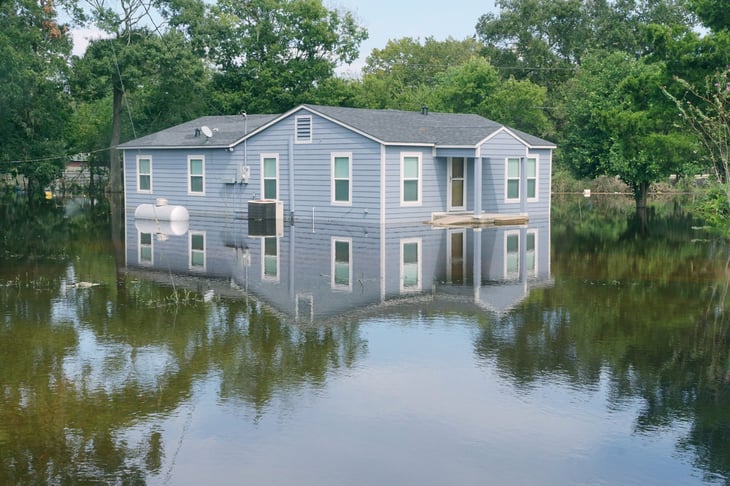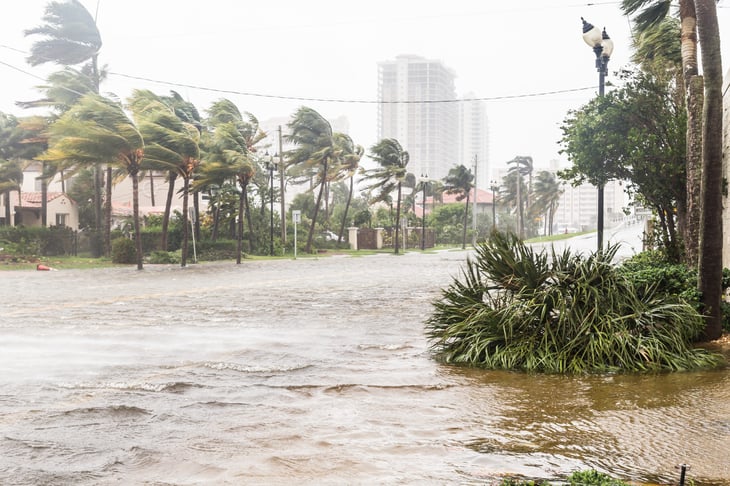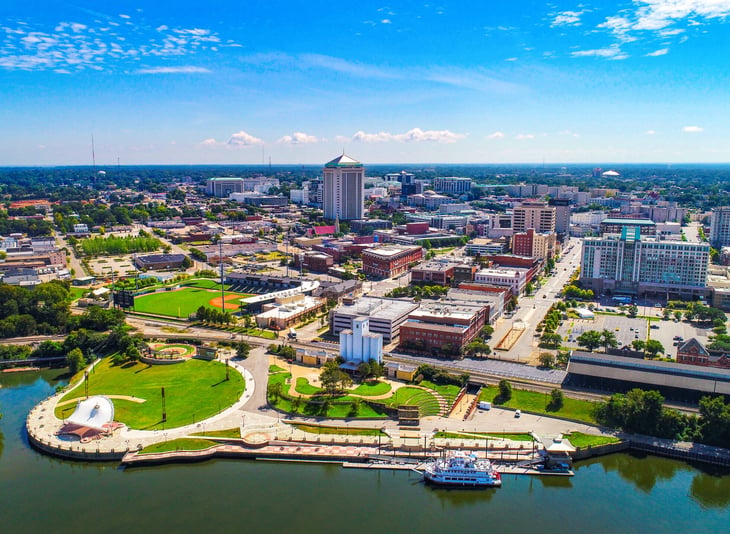
The federal government lets you save tax-free for retirement and for health care costs. But there is no similar tax break for catastrophes that could strike your home.
Unless you live in one of three states, that is.
Each of the following states has set up its own savings vehicle for homeowners who want to save tax-free in case a natural disaster crashes into and damages their home.
How catastrophe savings accounts work

Catastrophe savings accounts allow homeowners to park money in a separate place that they can access when a disaster, such as a hurricane, tornado, earthquake or hailstorm, strikes.
Each state has its own rules, but generally, the money you save can be used to pay for repairs that fall outside the scope of your insurance coverage. So, you might use these funds to cover a deductible or other expenses that are not reimbursed by your insurer.
Alabama

Alabama’s catastrophe savings account allows homeowners to put money away for repair costs and losses “relating to damage to the taxpayer’s principal residence in Alabama caused by a catastrophic storm or flood.”
Allowed contribution amounts are generally between $2,000 and $15,000, depending on the nature of your homeowners insurance deductible. Higher limits are available for those who self-insure.
Contributions made to your account are deductible from state taxes. In addition, interest earned in the account is not taxable for state purposes unless the taxpayer contributes more than the maximum amount to the account.
Mississippi

Mississippi residents can use these accounts to cover “the aggregate amount of insurance policy deductibles and other uninsured portions of risks of loss from a hurricane, flood, windstorm or other catastrophic event.”
The amount of money you can add to an account varies, depending on the nature of your insurance deductible. But it generally ranges between $2,000 and $15,000. Higher limits are available for those who self-insure.
When you open one of these accounts in Mississippi, you do not owe taxes on contributions or interest income earned in the account, and distributions from the account are not included in your Mississippi taxable gross income.
South Carolina

South Carolina’s catastrophe savings accounts allow you to set money aside for “expenses paid or incurred by reason of a major disaster that has been declared by the Governor to be an emergency by Executive Order.”
You can use the money to pay your deductible and other out-of-pocket expenses not covered by your insurance.
As with Alabama and Mississippi, the amount you contribute generally ranges between $2,000 and $15,000, depending on your deductible. Higher limits are available for those who self-insure.
Both the money you place in the account and any interest earnings are not subject to state income tax. However, if you withdraw the money to pay for anything other than a qualified catastrophe expense, you will owe income taxes and may be subject to an additional 2.5% tax.





Add a Comment
Our Policy: We welcome relevant and respectful comments in order to foster healthy and informative discussions. All other comments may be removed. Comments with links are automatically held for moderation.